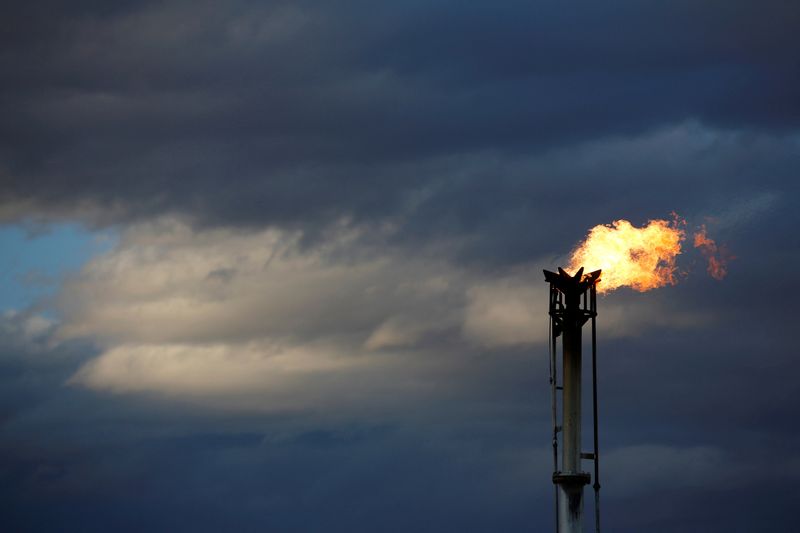
By Georgina McCartney
HOUSTON (Reuters) – Texas on Tuesday reelected conservative incumbent Christi Craddick as chairman of the state’s oil regulator, marking her third term in the position and a win for the industry that has seen production surge during her tenure.
Texas, home to the Permian Basin, is the largest oil producer in the United States, pumping some 5.8 million barrels per day (bpd), according to the latest government figures. The Texas Railroad Commission (RRC), which Craddick will chair for another six years, regulates the industry, overseeing everything from well permitting to pipeline safety.
Craddick, a Republican, defeated Democrat Katherine Culbert, Green Party member Eddie Espinoza, Libertarian Hawk Dunlap and Independent (LON:IOG) Richard McKibbin.
Craddick first took office in 2012, around the beginning of the U.S. shale revolution, which propelled the country to become the world’s top oil producer.
Since then, Texas oil production has ballooned from an average 1.98 million bpd to hitting a record at 5.8 million bpd in August this year, according to the Energy Information Administration.
In her third term, Craddick will face mounting pressure from landowners, environmentalists and other industry groups on the issue of orphan wells, which have been drilled and abandoned by operators.
There were 8,376 orphan wells as of Oct. 31 across Texas, according to the RRC, though the actual number could be far higher.
“I would like the Commission to streamline orphan well plugging and abandonment, and adoption processes,” said Reed Goodman, independent operator and owner of JayBird Resources, which has operations adjacent to the Eagle Ford (NYSE:F) shale play in South Texas.

The Railroad Commission has also come under fire recently after so-called zombie wells caused a series of well blowouts. Zombie wells are abandoned production sites that spring back to life and pollute the surrounding air, soil and groundwater.
Environmental groups also want RRC put a stop to routine flaring at oil wells, increase permitting fees to force oil companies to pay for the cleanup of orphan wells instead of the taxpayer, and to stop the storage of oil in areas that could contaminate groundwater.
This post is originally published on INVESTING.



